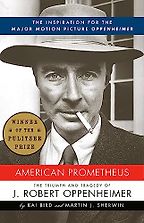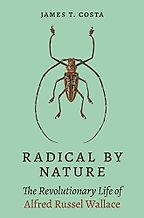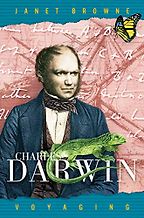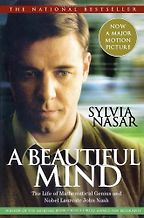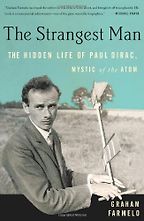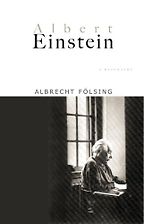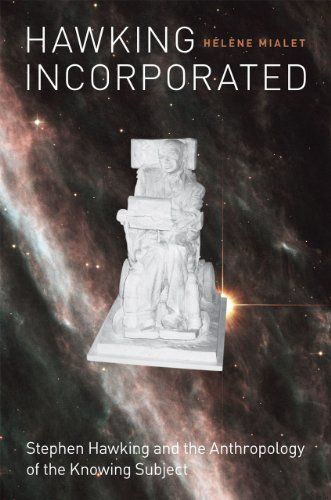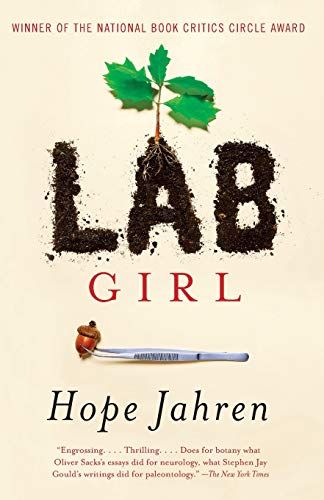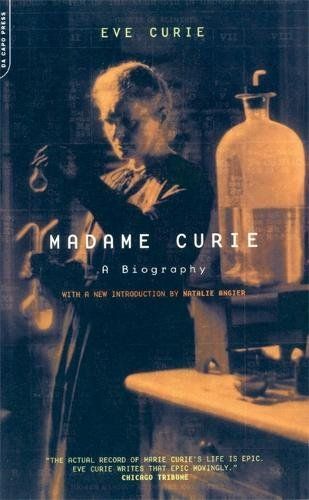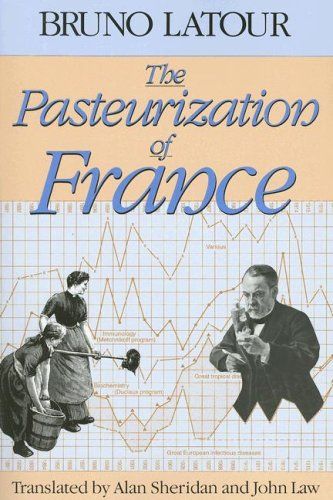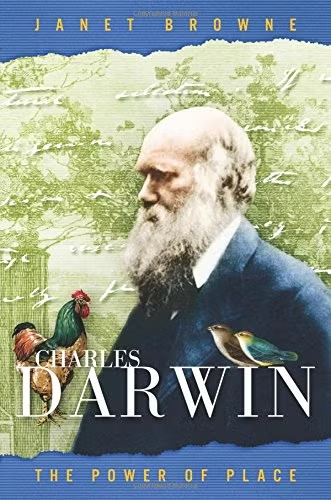Scientific Biographies
Last updated: September 10, 2025
Biographies of scientists recommended by scientists and other experts on Five Books.
American Prometheus: The Triumph and Tragedy of J. Robert Oppenheimer
by Kai Bird & Martin Sherwin
🏆 Winner of the 2006 Pulitzer Prize for Biography
American Prometheus returned to bestseller lists in the wake of Christopher Nolan's movie about J. Robert Oppenheimer. The movie is long, as is the book (700+ pages) but it is highly readable. The scariness of the weapon Oppenheimer ended up creating gives the book a built-in narrative momentum as you read about his German Jewish background, his schooling in New York and holidays in New Mexico, into the major events of his life.
“American Prometheus by Bird and Sherwin is the gold standard for books about Oppenheimer. It’s the definitive Oppenheimer biography—and I say that as the author of one myself.” Read more...
Books about J Robert Oppenheimer (to Read After the Movie)
Mark Wolverton, Science Writer
Radical by Nature: The Revolutionary Life of Alfred Russel Wallace
by James Costa
Radical by Nature is a biography of Alfred Russel Wallace (1823-1913), the English naturalist who came up with the idea of 'transmutation' (now called evolution) at the same time as Charles Darwin, pushing the latter to publish On the Origin of Species in 1859. It's by James Costa, a Professor of Evolutionary Biology at Western Carolina University, who describes Wallace as "one of the great Victorian naturalist explorers." At 416 pages, this is a serious biography that examines Wallace's life and voyages of scientific discovery, his relationship with Darwin, his work on social causes and his spiritual turn which was so at odds with his scientific reputation.
Charles Darwin: Voyaging
by Janet Browne
Voyaging is volume one of Harvard historian Janet Browne’s biography of Charles Darwin. Part two is called Charles Darwin: The Power of Place.
“This book may be the best scientific biography that I’ve ever read. I was quite surprised, as Janet’s previous publications have been largely scholarly ones, though well written. Then, somehow, when she wrote this biography she came into her own. She was able to write in an almost novelistic way, except this is fact and not fiction. It’s just absolutely engrossing. The first volume, Voyaging, is about Darwin’s early life and the voyage of the Beagle. In the first part of his life, he is a man of action. He’s catching beetles as a kid, he’s travelling around England trying to study theology and failing to do so. Finally he becomes the companion to the ship’s captain, Captain Fitzroy – not the naturalist on the Beagle, that was someone else. On the voyage he did a lot of collecting, he rode into South America. He left the ship as often as he could as he had terrible seasickness. He collected fossils, he shot animals and so on. Then he got back to England in 1836 and basically sat in his study for the rest of his life. The second volume is called The Power of Place, and it’s about his life at Down House where he stayed permanently after then. He never left England again. He just sat there and produced this magnificent theory. It shows the power of the life of the mind. Despite not being peripatetic, he had an extremely rich life through his correspondence, his children, his family. Also a slightly tragic existence, with the death of his beloved daughter. But he continued the adventure in his head, and produced not only The Origin but a number of other books, many of which are quite good.” Read more...
Jerry Coyne, Biologist
“The story of John Nash is really a human story – I don’t think it sheds much light on game theory. But it gives hope to people dealing with this disease.” Read more...
Ariel Rubinstein, Economist
“Graham Farmelo said that he’d never met anyone – even in Bristol where Paul Dirac grew up and lived – who’d ever heard of him: the greatest English physicist since Newton!” Read more...
Marcus Chown, Science Writer
“He is able to present Einstein’s ambivalence towards Germany both in physics and in politics and bring that to life in quite a subtle way.” Read more...
The best books on Albert Einstein
Andrew Robinson, Biographer
“Hawking Incorporated is essential reading for anyone interested in ‘distributed cognition,’ the idea that thinking mostly takes place outside of our minds—but it is also a great story of how a severely mobility-challenged being was able to escape from his constraints to do something which contemporary science currently prohibits: to remain active in the universe even after death.” Read more...
Jimena Canales, Historian
“Scientific biographies most often focus on Great Famous Men—but most scientists reach neither fame nor glory. Lab Girl reminds us how the profession of the scientist has changed, how hard and unglamourous it is. In some senses, it is a book that annihilates with a single, first-person-punch the entire genre of biographies of luminaries…Being a scientist is really very different for most people. Most of the biographical accounts have given us a deceptive view of the profession.” Read more...
Jimena Canales, Historian
“Madame Curie also serves a hagiographic function, but the biography is different because the reason for her worship is not confined to her work and mind, or even to her roles as Polish immigrant, wife, or mother. It is movingly written by her daughter, Eve, and the author convinces us to care about her because she is human and fragile: ‘exceptional not only in her genius, but by her humanity, by her innate refusal of all vulgarity and littleness.'” Read more...
Jimena Canales, Historian
“The book is an ambitious contribution that starts off by comparing accounts of the great scientist with those of Napoleon to try to figure out what is special about how we narrate the lives of scientists compared to those of others, including generals or political figures, but it quickly goes even farther in its historiographic contributions. Microbes enter into the narrative.” Read more...
Jimena Canales, Historian
Charles Darwin: The Power of Place
by Janet Browne
The Power of Place is volume two of Harvard historian Janet Browne’s biography of Charles Darwin. Part one is called Charles Darwin: Voyaging.
“She succeeds in giving us a full picture of the man but…it bites the genre and expands it….she also underscores throughout her book the importance of the infrastructure, ranging from the postal system to his home, wife and children, that subtend these collective networks. Her biography is even more generous than most group biographies in that it changes how we must think about ‘life and work.’ In the first pages, she tells us explicitly that Darwin ‘not only lived his own life, he lived also in the lives of others.’ She is not only thinking about human lives. More radically, she ends the book not with Darwin’s own death, but with that of his dog, Polly, a few days later.” Read more...
Jimena Canales, Historian
The best books on Scientists, recommended by Jimena Canales
Five fascinating books about scientists, selected by historian of science Jimena Canales. She explains how the scientific persona has been constructed throughout history and explores the implicit assumptions about agency, subjectivity, and causality that underlie scientific biographies.
